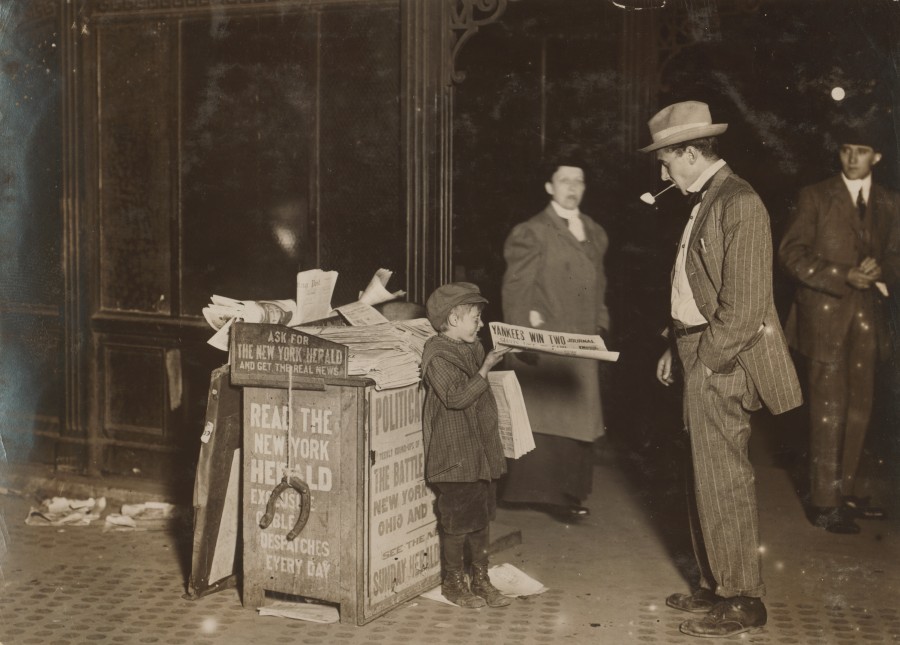In 1782, Thomas Jefferson wrote of the dangers of unrestricted immigration.
What we can apply today from his words of wisdom.

Thomas Jefferson circa 1780 the 3rd President of the United States. Born in Virginia, he drafted the Declaration of Independence,
The United States faced a population problem in 1782. There simply weren’t enough people living in the U.S.: just over 2.7 million according to the census.
Some citizens proposed increasing population by inviting foreigners to settle in the United States.
Thomas Jefferson was firmly against using immigration by “inviting (foreigners) by extraordinary encouragements” as a means of increasing population. Jefferson was not against immigration for people who wanted to come to the United States on their own.
Jefferson’s belief was to allow population to increase naturally through its native stock and continue to allow immigration at its natural pace. While Jefferson wasn’t speaking against any particular group of immigrants flooding our shores, he knew that foreign allegiances and ideas could cause great upheavals. Jefferson questioned whether increasing population just for the sake of increasing population was a wise move for our young country.
Jefferson espoused civilized values, the current “Western ideals” that the United States was founded upon and that are currently under attack by terrorists.
Why is it that no one in our government today will stand up and say civilized values are better values than those of submission, intolerance and destruction proposed by a religion that seems to have a lot of violent groups within its folds? Obviously because it is politically incorrect to speak the truth.
See how Jefferson’s words apply today – not necessarily with immigrants, but with an ideology that is across the globe breeding nothing but subjugation, totalitarianism and ultimately nihilism. For these people it is better to be a martyr than co-exist with people who think differently than themselves.
Thomas Jefferson – from “Notes on the State of Virginia”
But are there no inconveniences to be thrown into the scale against the advantage expected from a multiplication of numbers by the importation of foreigners? It is for the happiness of those united in society to harmonize as much as possible in matters which they must of necessity transact together.
Civil government being the sole object of forming societies, its administration must be conducted by common consent. Every species of government has its specific principles. Ours perhaps are more peculiar than those of any other in the universe.
It is a composition of the freest principles of the English constitution, with others derived from natural right and natural reason. To these nothing can be more opposed than the maxims of absolute monarchies. Yet, from such, we are to expect the greatest number of emigrants. They will bring with them the principles of the governments they leave, imbibed in their early youth; or, if able to throw them off, it will be in exchange for an unbounded licentiousness, passing, as is usual, from one extreme to another. It would be a miracle were they to stop precisely at the point of temperate liberty.
These principles, with their language, they will transmit to their children. In proportion to their numbers, they will share with us the legislation. They will infuse into it their spirit, warp and bias its direction, and render it a heterogeneous, incoherent, distracted mass.
I may appeal to experience, during the present contest, for a verification of these conjectures. But, if they be not certain in event, are they not possible, are they not probable? Is it not safer to wait with patience 27 years and three months longer, for the attainment of any degree of population desired, or expected? May not our government be more homogeneous, more peaceable, more durable?
Suppose 20 millions of republican Americans thrown all of a sudden into France, what would be the condition of that kingdom? If it would be more turbulent, less happy, less strong, we may believe that the addition of half a million of foreigners to our present numbers would produce a similar effect here. If they come of themselves, they are entitled to all the rights of citizenship: but I doubt the expediency of inviting them by extraordinary encouragements.
I mean not that these doubts should be extended to the importation of useful artificers. The policy of that measure depends on very different considerations. Spare no expence in obtaining them. They will after a while go to the plough and the hoe; but, in the mean time, they will teach us something we do not know. It is not so in agriculture. The indifferent state of that among us does not proceed from a want of knowledge merely; it is from our having such quantities of land to waste as we please. In Europe the object is to make the most of their land, labour being abundant: here it is to make the most of our labour, land being abundant.
Let’s hope that by looking back at the words of great men we can learn from history and decisively act, before it is too late.



